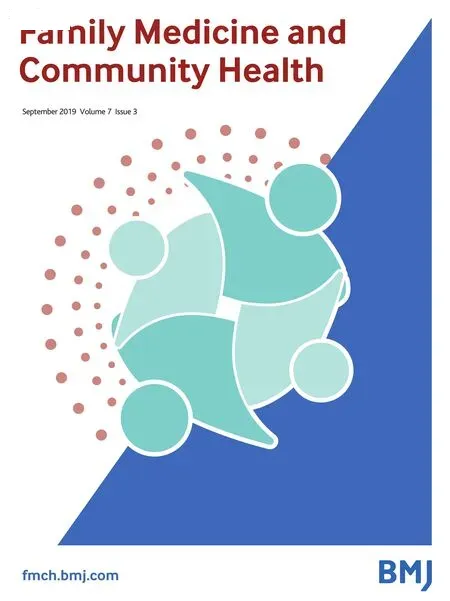Response to letters by M.Jawad Hashim and Chuan Zou: Advancing curriculum development and medical education research
In response to Hashim and Zou:
We appreciate the thoughtful read of our article1‘Curriculum development: a how to primer’ and the commentaries about this topic by Drs Hashim and Zou. We thank Dr Hashim for bringing to light another specific type of teaching style, called here a mini-workshop, using some of the theory of the flipped classroom, which is ever more present in medical education. We validate that many aspects of medical education benefit from some hands-on practice, with pre-learning to be done either independently or as a group before the skill-based learning can take place. This would fit nicely with many other modalities one might consider during ‘step 4: selecting teaching/educational strategies’as articulated in our primer ‘one should match the learner, teacher and material to one or more of the available teaching formats.’1
Dr Zou’s commentary reaches a bit further into the medical education research realm, which might or might not be a part of curriculum development. We felt this primer was intended to speak most directly to the development and implementation of a curriculum, with a nod towards evaluation, rather than representing a commentary on medical education research. We agree that there is certainly a need for more rigorous medical education research and discussion about methodology is important, but beyond the scope of our primer.
Margaret Dobson
Department of Family Medicine, University of Michigan,Ann Arbor, MI, United States
Correspondence toDr Margaret Dobson;mlekande@ med. umich. edu
FundingThe author has not declared a specific grant for this research from any funding agency in the public, commercial or not-for-profit sectors.
Competing interestsNone declared.
Patient consent for publicationNot required.
Provenance and peer reviewCommissioned;internally peer reviewed.
Open accessThis is an open access article distributed in accordance with the Creative Commons Attribution Non Commercial (CC BY-NC 4.0) license,which permits others to distribute, remix, adapt, build upon this work non-commercially, and license their derivative works on different terms, provided the original work is properly cited, appropriate credit is given, any changes made indicated, and the use is non-commercial. See: http:// creativecommons. org/licenses/ by- nc/ 4. 0/.
? Author(s) (or their employer(s)) 2019. Re-use permitted under CC BY-NC. No commercial re-use. See rights and permissions. Published by BMJ.

To citeDobson M. Fam Med Com Health 2019;7:e000219.
Received 1 August 2019
Accepted 1 August 2019
Published Online First 28 September 2019

?http:// dx. doi. org/ 10. 1136/ fmch- 2019- 000216
?http:// dx. doi. org/ 10. 1136/ fmch- 2019- 000214
Fam Med Com Health 2019;7:e000219.
doi:10.1136/fmch-2019-000219
REFERENCE
1. Schneiderhan J, Guetterman TC,Dobson ML. Curriculum development:a how to primer. Fam Med Com Health 2019;7:e000046.
 Family Medicine and Community Health2019年3期
Family Medicine and Community Health2019年3期
- Family Medicine and Community Health的其它文章
- Response to letter by Zhijie Xu: Why should mixed methods matter to primary care physicians a n d other providers?
- Response to letter by Lingping Zhu: Small ‘r’research as big ‘R’research in general practice
- Female-to-male sexual transmssion of Zika virus infection
- The potential contribution of mixed methods research to primary care
- Some comments on general research methodology
- Transforming a medical curriculum development into an education research
